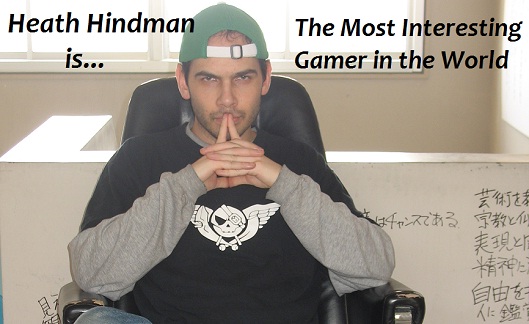When I write a game review, I evaluate the product on my screen. I do not, and cannot, tell you how to spend your money.
Recently, I've seen a lot of angry comments regarding scores handed out to certain games, with reason grounded in the suggested retail price of the game being reviewed. To some, a…









